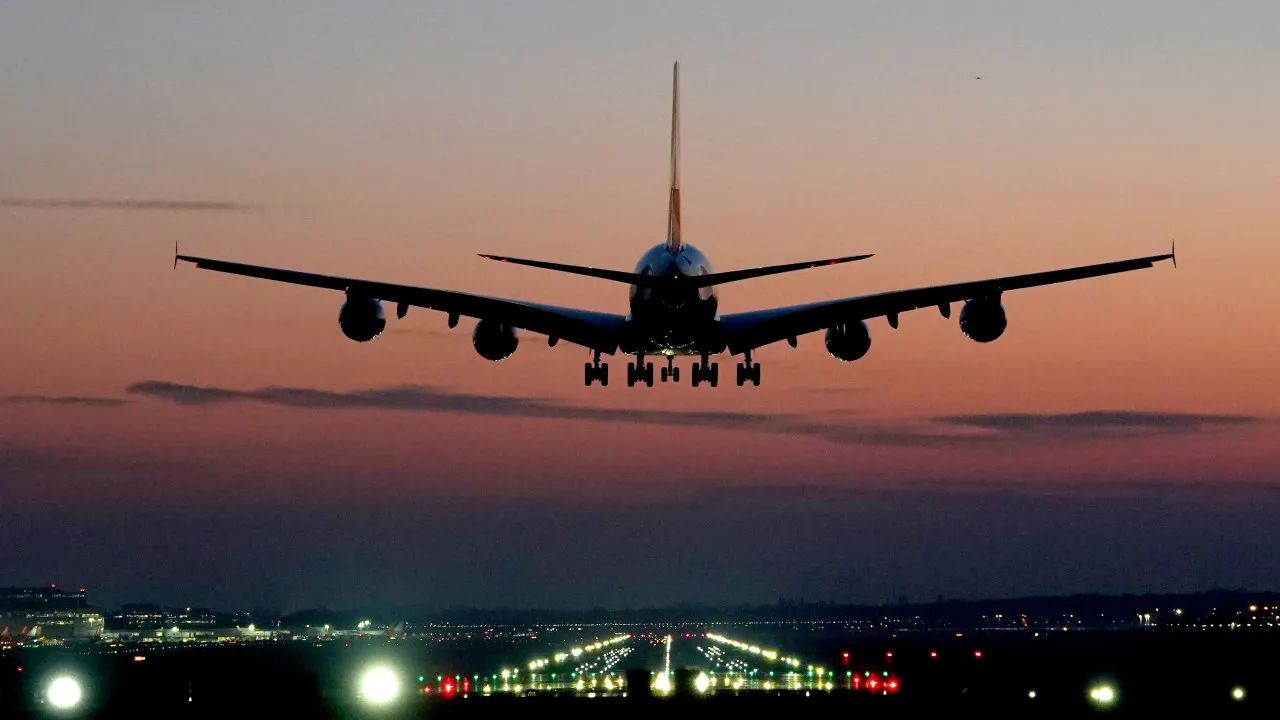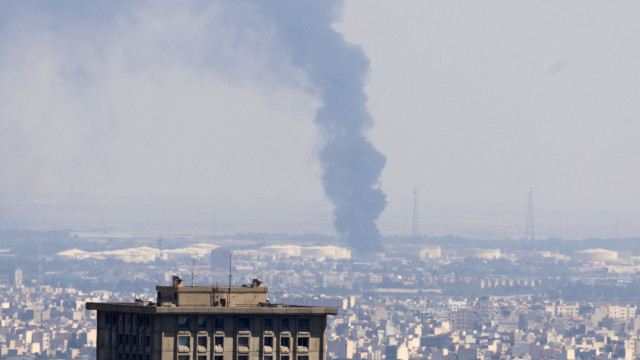
Since Russia’s invasion of Ukraine in February 2022, European Union airlines have been banned from flying over Russian airspace, resulting in the cancellation of numerous routes and forcing companies to divert through southern or Arctic corridors.
For routes connecting to East Asia, such as China, Japan, or South Korea, this has translated into flight time increases of up to four hours, additional fuel consumption, and consequently, rising operational costs and ticket prices.
In recent days, the escalation of conflict between Israel and Iran, with U.S. military support, has worsened the situation, leading to the suspension of flights over Iran, Iraq, Syria, and Israel. Several airlines, including Qatar Airways, Lufthansa, and Singapore Airlines, have adjusted routes or canceled connections to the region, citing security reasons.
A source from a major European airline, cited anonymously by the British newspaper Financial Times, stated that although companies were used to dealing with periodic airspace closures, the current situation is “more severe,” as airlines now face a “really small corridor” to fly through.
With major air corridors blocked both north and south, flights between cities like Beijing, Shanghai, Seoul, or Tokyo and destinations in Europe now pass through narrower paths, flying over Central Asian countries, Turkey, or the Arabian Peninsula. The reliance on these corridors increases pressure on air traffic controls and turns local disruptions into threats to global flow.
Chinese airlines such as Air China and China Eastern, which are still authorized to use Russian airspace, have gained a competitive advantage. Their flights are shorter and cheaper, allowing them to offer fares up to 35% lower than those offered by European operators on the same routes, according to a Financial Times estimate.
In addition to the impact on passenger transport, the logistics sector is also experiencing difficulties, with delays in goods delivery and increased freight costs.
Expert Rosen Röhlig pointed out in a report how “the closure of Russian airspace to European companies affects air cargo shipments on the Asia-Europe route,” leading to “setbacks in global hubs and increased costs and delays.”
“The general trend is for an additional squeeze on carrier capacity. As a result (…), longer crew rotations and increased fuel costs may lead to higher fares and schedule changes,” he highlighted.
A study by the OECD also demonstrated how “the closure of Russian airspace to carriers from 36 countries resulted in significant increases in travel time for passengers on about 80% of routes linking Asia to Europe.”
The same analysis emphasized that alternative corridors “cannot fully absorb these flows,” leading to delays in merchandise delivery and increased freight costs, with direct impacts on global supply chains.
The European Union Aviation Safety Agency (EASA), which provides regular updates on air exclusion zones, warned that the situation remains volatile, with the risk of new closures or unexpected incidents.




